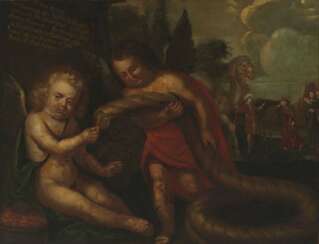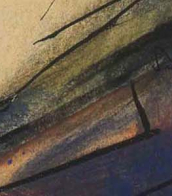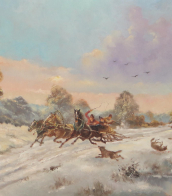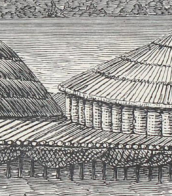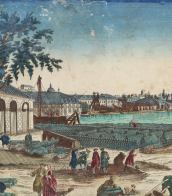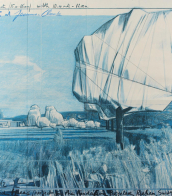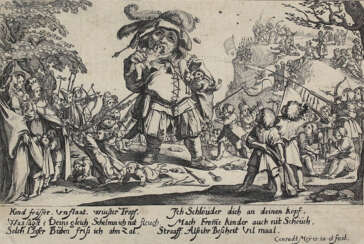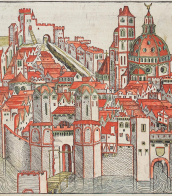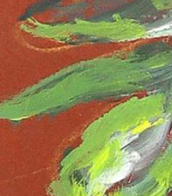conrad meyer (1618 - 1689)
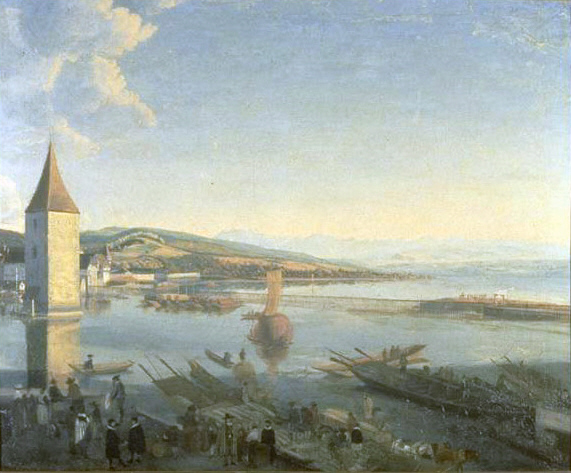
Conrad Meyer, a Swiss painter, engraver, and medallist, made significant contributions to the art world of his time. Initially a painter of portraits and landscapes, Meyer eventually shifted his focus to copper engraving, producing over a thousand works in his lifetime. Notable among his creations is the map of Switzerland by Conrad Gyger, which he produced in 1657, and his Planisphaerium Coeleste from 1681.
Conrad Meyer's artworks, such as "The Wild Man" (1649), "The Devil's Kitchen Visited by an Angel," and "Allegory of the Transience of Life" (1651), showcase his meticulous technique and are held in high regard, with several pieces housed in the Metropolitan Museum of Art. His work "Parable of the Ungrateful Servant" is part of the Philadelphia Museum of Art's collection, demonstrating his prowess in etching as well.
For art collectors and experts, Conrad Meyer's contributions to Swiss art and engraving offer valuable insights into the 17th-century European art scene, particularly in the context of Zurich. His legacy is encapsulated in the diverse range of subjects he explored, from detailed landscapes to intricate portraits and allegorical scenes, reflecting the cultural and artistic vibrancy of his era.
If you are an enthusiast or collector keen on Conrad Meyer's art, consider signing up for updates related to new sales and auction events concerning his works. This will ensure you stay informed about opportunities to acquire pieces connected to this notable Swiss artist.
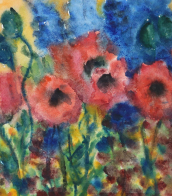

Conrad Meyer, a Swiss painter, engraver, and medallist, made significant contributions to the art world of his time. Initially a painter of portraits and landscapes, Meyer eventually shifted his focus to copper engraving, producing over a thousand works in his lifetime. Notable among his creations is the map of Switzerland by Conrad Gyger, which he produced in 1657, and his Planisphaerium Coeleste from 1681.
Conrad Meyer's artworks, such as "The Wild Man" (1649), "The Devil's Kitchen Visited by an Angel," and "Allegory of the Transience of Life" (1651), showcase his meticulous technique and are held in high regard, with several pieces housed in the Metropolitan Museum of Art. His work "Parable of the Ungrateful Servant" is part of the Philadelphia Museum of Art's collection, demonstrating his prowess in etching as well.
For art collectors and experts, Conrad Meyer's contributions to Swiss art and engraving offer valuable insights into the 17th-century European art scene, particularly in the context of Zurich. His legacy is encapsulated in the diverse range of subjects he explored, from detailed landscapes to intricate portraits and allegorical scenes, reflecting the cultural and artistic vibrancy of his era.
If you are an enthusiast or collector keen on Conrad Meyer's art, consider signing up for updates related to new sales and auction events concerning his works. This will ensure you stay informed about opportunities to acquire pieces connected to this notable Swiss artist.
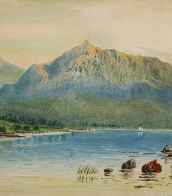

Conrad Meyer, a Swiss painter, engraver, and medallist, made significant contributions to the art world of his time. Initially a painter of portraits and landscapes, Meyer eventually shifted his focus to copper engraving, producing over a thousand works in his lifetime. Notable among his creations is the map of Switzerland by Conrad Gyger, which he produced in 1657, and his Planisphaerium Coeleste from 1681.
Conrad Meyer's artworks, such as "The Wild Man" (1649), "The Devil's Kitchen Visited by an Angel," and "Allegory of the Transience of Life" (1651), showcase his meticulous technique and are held in high regard, with several pieces housed in the Metropolitan Museum of Art. His work "Parable of the Ungrateful Servant" is part of the Philadelphia Museum of Art's collection, demonstrating his prowess in etching as well.
For art collectors and experts, Conrad Meyer's contributions to Swiss art and engraving offer valuable insights into the 17th-century European art scene, particularly in the context of Zurich. His legacy is encapsulated in the diverse range of subjects he explored, from detailed landscapes to intricate portraits and allegorical scenes, reflecting the cultural and artistic vibrancy of his era.
If you are an enthusiast or collector keen on Conrad Meyer's art, consider signing up for updates related to new sales and auction events concerning his works. This will ensure you stay informed about opportunities to acquire pieces connected to this notable Swiss artist.







